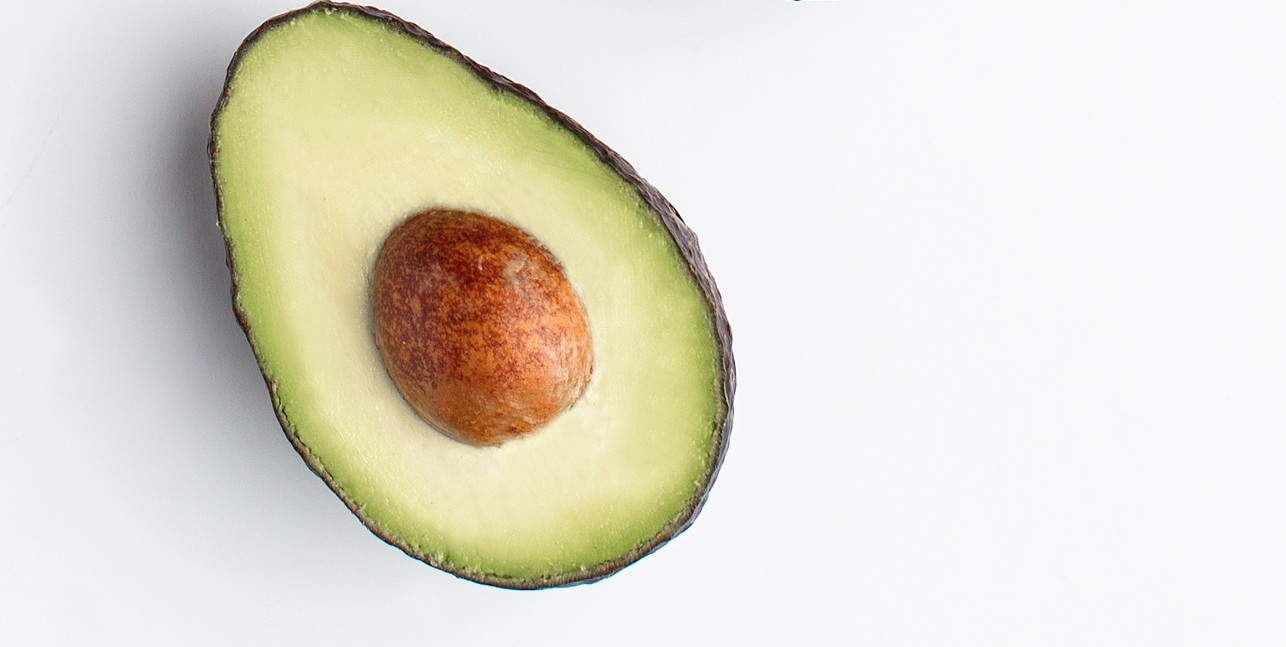Cooking Oil

Did you know that the oil you use to cook with can impact your long-term health? And it’s not so simple as just switching to olive oil. In this episode, I’m sharing the cooking oils to avoid, the oils to use on low heat and the oils that are safe to use on medium to high heat.
Product Recommendations
Water!
Carrington Farms Organic Coconut Oil
Viva Natural Organic Coconut Oil
Sources
https://pubmed.ncbi.nlm.nih.gov
https://pubmed.ncbi.nlm.nih.gov
SUBSCRIBE
Subscribe on iTunes here.
Subscribe on Spotify here.
Subscribe on Google Podcasts here.
Transcript
When my son was about a year old I was cooking dinner for him and my friend’s son.. So as I was heating up a pan on the stove top, my friend asked if I was using olive oil to cook their food. When I told her yes she said, “Make sure to keep it on low heat.” And so I’m thinking to myself, why? So the food can take even longer to cook and these babies can get even more fussy? But then she told me… in today’s episode, we’re talking about cooking oil.
So up until about a year and a half ago, I knew a little bit about cooking with oil: don’t use corn, palm, soybean and refined vegetable oils. But I figured I could continue buying my 12 dollar bottles of extra virgin olive oil and while it was a tough price tag to swallow I thought I was in the clear.
But of course, it’s never that simple.
As I was cooking dinner for our kids, my friend told me that olive oil can’t tolerate medium to high heat so it breaks down becoming carcinogenic and toxic when ingested.
And yes, this friend and I are very close and very much on the “same page” when it comes to clean living research so I was basically cursing myself, knowing that she was right and that I had possibly been poisoning my kid with free radicals.
But as you’ll hear me say, many times in this podcast — better late than never, right? And the same goes for you, if you’ve been cooking solely with olive oil or even if you’ve been using some of the other oils I’ve mentioned.
Here’s the deal when it comes to cooking with oil. The better, cleaner, healthier and cheaper option is to cook with water. Until I started researching this topic, I hadn’t even thought of that option. My go-to for cooking is always to get out the pan and add a drop of oil. And I know that there are probably some of you who come from cultural backgrounds that it would be sacrilegious to not use oil to cook. But I’m just going to encourage you to try it — at least a couple times a week.
As I’ve learned while trying to limit the amount of oil I cook with, water almost always works just as well — especially when it comes to heating food up (like, I’ll do this with my son’s rice pasta after I’ve already cooked it, I’ll steam raw sweet potato instead of stir frying it, green beans, you name.)
There are times, though, when oil is just a necessity — especially when you’re cooking for other people and don’t want to sacrifice flavor. So, if you must use oil to cook, then you want to buy high quality Avocado or coconut oil for cooking on medium to high heat because they have higher smoking points. Save the high quality extra virgin olive oil for low heat or no heat.
And I get it, none of these oils are cheap. It never fails to shock me when I look at the price of a jar of organic coconut oil. The good news is, by substituting water for some of your meals, your bottle of oil is going to last so much longer (make sure to store it in a cool, dark place) and you’re going to reduce the amount of money you spend on cooking oil in general.
So this episode’s “this for that”segment is pretty self explanatory — when cooking on low heat, switch your refined and processed cooking oils for extra virgin olive oil, and use water, avocado oil or coconut oil when cooking on medium to high heat. I’ll link to some of my favorite cooking oils in the show notes at cleanlivingpodcast.com/cookingoil
Thanks so much for listening to this episode of The Clean Living Podcast — I’m your host Shannon Lohr. If you learned something from this episode, please share it with a friend who you know loves to cook. Here’s to creating a cleaner, more sustainable world for all of us.

